Tired After Massage: 6 Reasons Why Massages Make You Tired
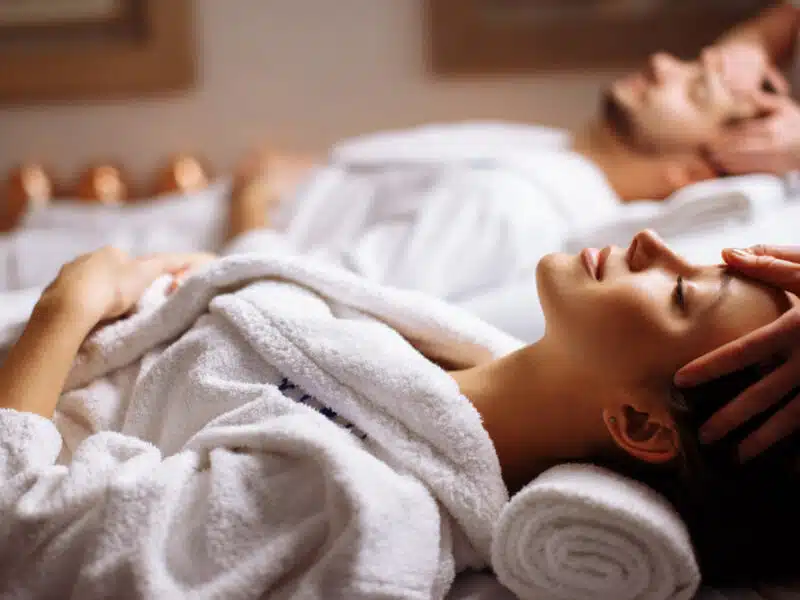
Uncovering the Science Behind Massage-Induced Sleepiness
What is Massage 10th Apr, 2021
Have you ever felt drowsy or even fallen asleep during or after a massage? If so, you’re not alone. Many people experience this sensation, which is a completely normal reaction and a testament to the body’s relaxation response.
Let’s delve into the fascinating reasons behind massage-induced sleepiness, shedding light on the various physiological and psychological factors that contribute to this phenomenon.
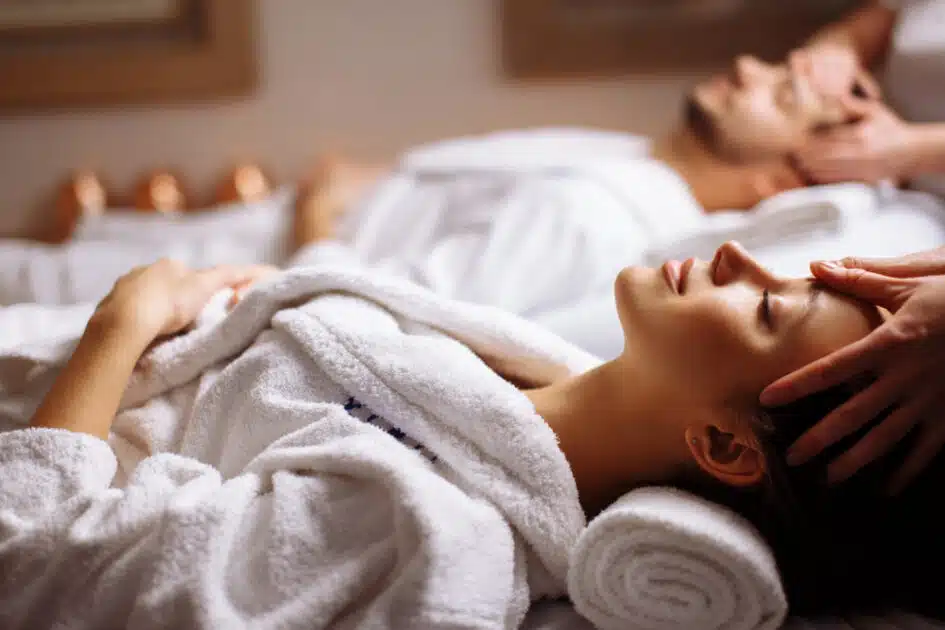
Join us as we unravel the science behind post-massage fatigue and discover the multitude of benefits that come with a relaxing massage experience.
Why Do Massages Make You Tired? Reasons Why Massages Make You Tired:
1. Deep Relaxation
One of the primary reasons behind feeling sleepy after a massage is deep relaxation. Various massage techniques, such as Swedish massage, are designed specifically to promote relaxation and alleviate stress.
Swedish massage, for instance, employs long, gentle strokes, kneading, and light pressure to soothe the body and calm the mind. These techniques help activate the body’s parasympathetic nervous system, which is responsible for the “rest and digest” response.
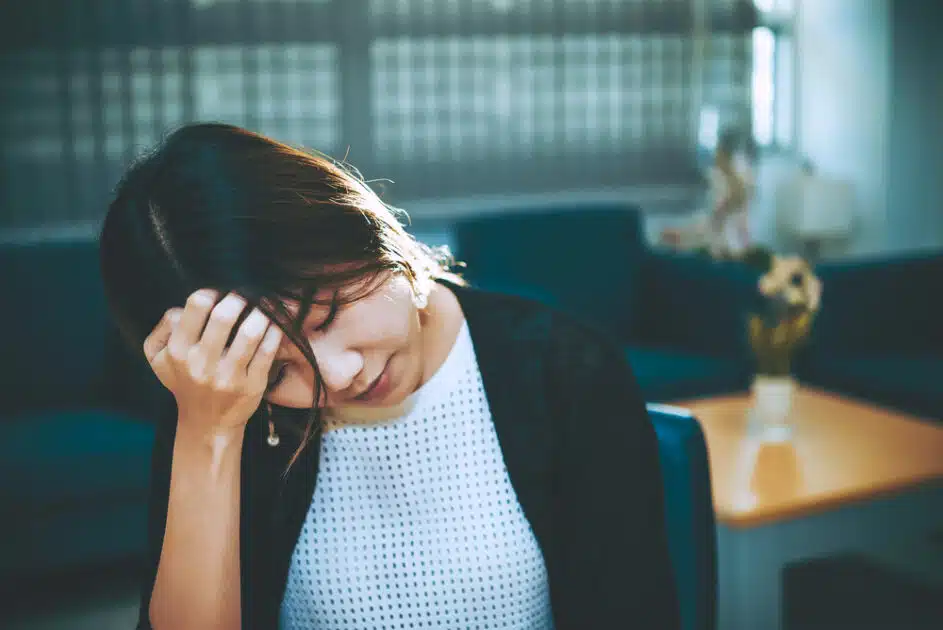
As your body enters a state of deep relaxation, your muscles release tension, and your mind becomes more tranquil. This shift in mental and physical states allows your body to focus on healing and restoration, which can lead to feelings of sleepiness.
When you’re deeply relaxed, it’s natural for your body to crave rest, as it’s the optimal time for recovery and rejuvenation.
2. Lowered Heart Rate
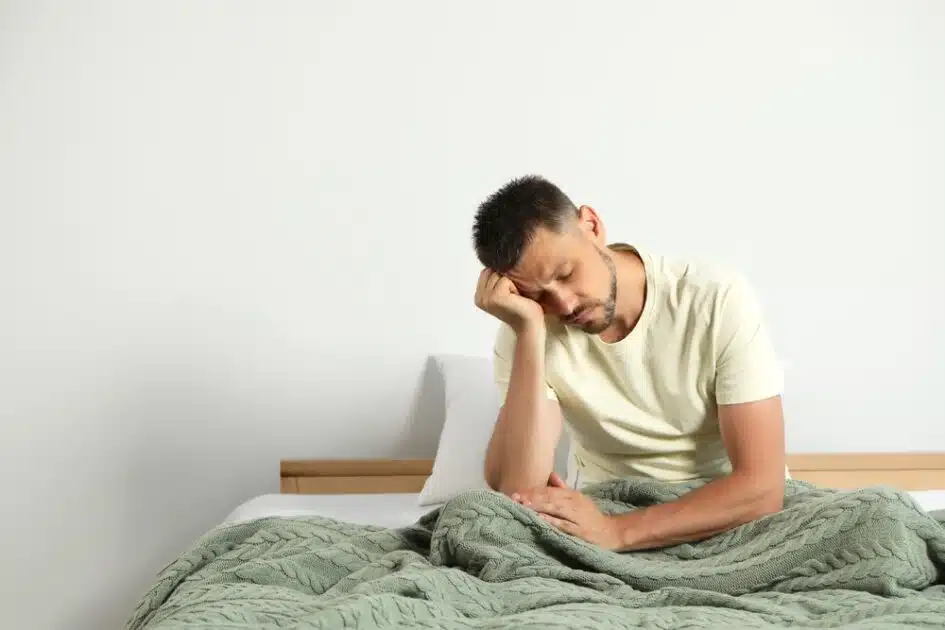
Another factor contributing to post-massage tiredness is the effect of massage on blood flow, blood pressure, and heart rate. Massage therapy has been shown to improve circulation, resulting in increased blood flow to various parts of the body. This enhanced circulation not only delivers more oxygen and nutrients to your tissues but also helps remove waste products and toxins more efficiently.
As your blood flow improves, your blood pressure can decrease, leading to a reduction in heart rate. A lower heart rate is often associated with the body’s relaxation response, where the parasympathetic nervous system is activated. This calmer state allows your body to focus on rest, repair, and healing.
When your heart rate is lowered, your body’s energy expenditure decreases, conserving resources for essential functions like digestion and cellular repair. This conservation of energy can contribute to feelings of tiredness or drowsiness, as your body is prioritizing recovery and restoration over high-energy activities.
In this way, a lowered heart rate after a massage can lead to a natural inclination towards rest and sleep, allowing your body to recuperate and rejuvenate more effectively.
Recommended:
The Role of Massage in Mental Health Wellness
3. Pain Relief
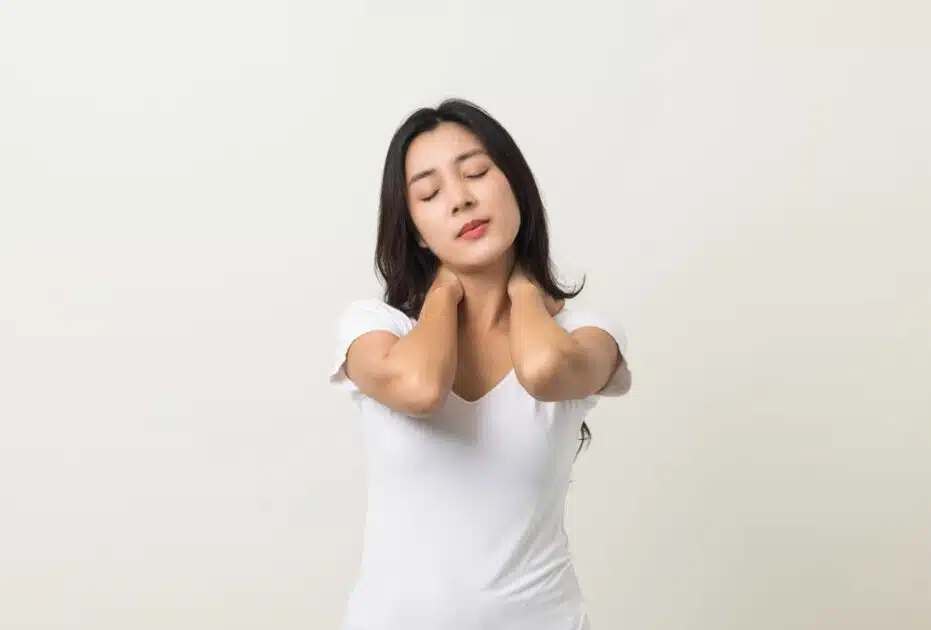
Massage therapy is well-known for its ability to alleviate pain and release tension in the muscles and connective tissues. By targeting specific areas of the body, skilled therapists can help reduce inflammation, improve circulation, and promote healing in sore or injured muscles.
The absence of pain and reduced muscle tension can contribute to a profound sense of relaxation, as the body is no longer focused on managing discomfort.
This newfound state of comfort can lead to feelings of tiredness, as the body shifts its energy towards healing and restoration, taking advantage of the opportunity to recuperate without the burden of pain.
4. Reduced Stress Levels

Massage therapy offers significant stress-relief benefits, both physically and mentally. By promoting relaxation and easing muscle tension, massage helps to calm the mind and soothe the body, creating a holistic stress-relief experience.
One of the key factors in stress reduction during a massage is the lowering of cortisol levels. Cortisol, commonly known as the “stress hormone,” is released in response to stressful situations and can have negative effects on various bodily functions when chronically elevated.
As massage lowers cortisol levels, the body’s parasympathetic nervous system is activated, encouraging relaxation and fostering a sense of well-being. This shift in hormonal balance and activation of the relaxation response can contribute to feelings of tiredness.
When cortisol levels decrease, the body can focus its energy on recovery and restoration, rather than remaining in a constant state of alertness and tension. This transition to a more restful state allows the body to recuperate more effectively, which can manifest as a natural inclination towards sleepiness or rest.
5. Activation of the Parasympathetic Nervous System
When you receive a massage, your body can enter a state of relaxation, which can activate the parasympathetic nervous system. This system is responsible for calming your body and bringing it into a state of rest and relaxation, which can cause a decrease in energy levels and make you feel sleepy.
This activation can also cause a decrease in blood pressure and heart rate, which can contribute to feelings of tiredness. The parasympathetic nervous system also stimulates the production of certain hormones, such as serotonin and melatonin, which can promote feelings of relaxation and sleepiness.
Additionally, the release of tension and stress during a massage can lead to a decrease in the production of cortisol, a hormone that is associated with wakefulness and alertness.
Overall, the combination of physical and hormonal changes that occur during a massage can contribute to feelings of tiredness and relaxation.
6. Improved Sleep Quality
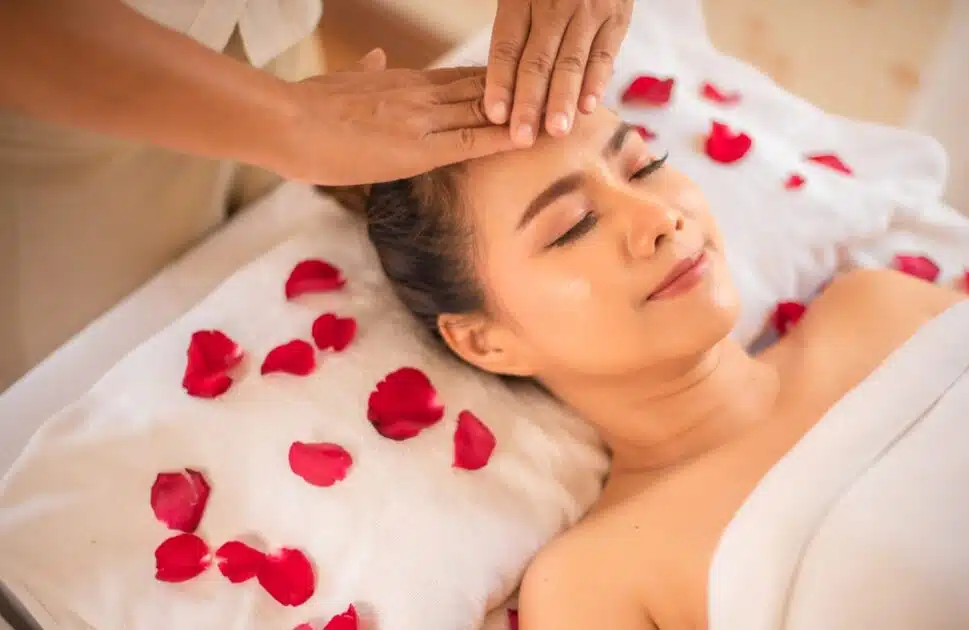
Massages can significantly improve sleep quality by promoting relaxation and reducing stress. The soothing effects of massage techniques help activate the parasympathetic nervous system, which encourages the body to enter a state of rest and recovery. This deep relaxation, combined with lower cortisol levels, creates an environment where the body and mind can more easily transition into restful sleep.
Although you might feel tired immediately after a massage due to the relaxation and stress relief, this effect can contribute to a better night’s sleep. As a result, you may wake up feeling more refreshed and energized the following day.
By improving sleep quality, massages not only help you feel more relaxed in the short term but can also enhance overall well-being and daily functioning through the restorative power of quality sleep.
Recommended:
Which Massage Is Best for Stress
The Bottom Line
Massages can make you feel tired for several reasons, including deep relaxation, lowered heart rate, pain relief, reduced stress levels, and improved sleep quality. These factors all contribute to the body’s natural inclination towards rest and recovery.
It’s essential to recognize that the tiredness experienced after a massage is a positive sign, indicating that your body is reaping the numerous health and well-being benefits that massage therapy provides. To enjoy these benefits regularly, consider incorporating massages into your self-care routine or investing in a massage chair for at-home use.
By doing so, you’ll be prioritizing your physical and mental well-being, ultimately leading to a healthier, happier, and more balanced life.
















